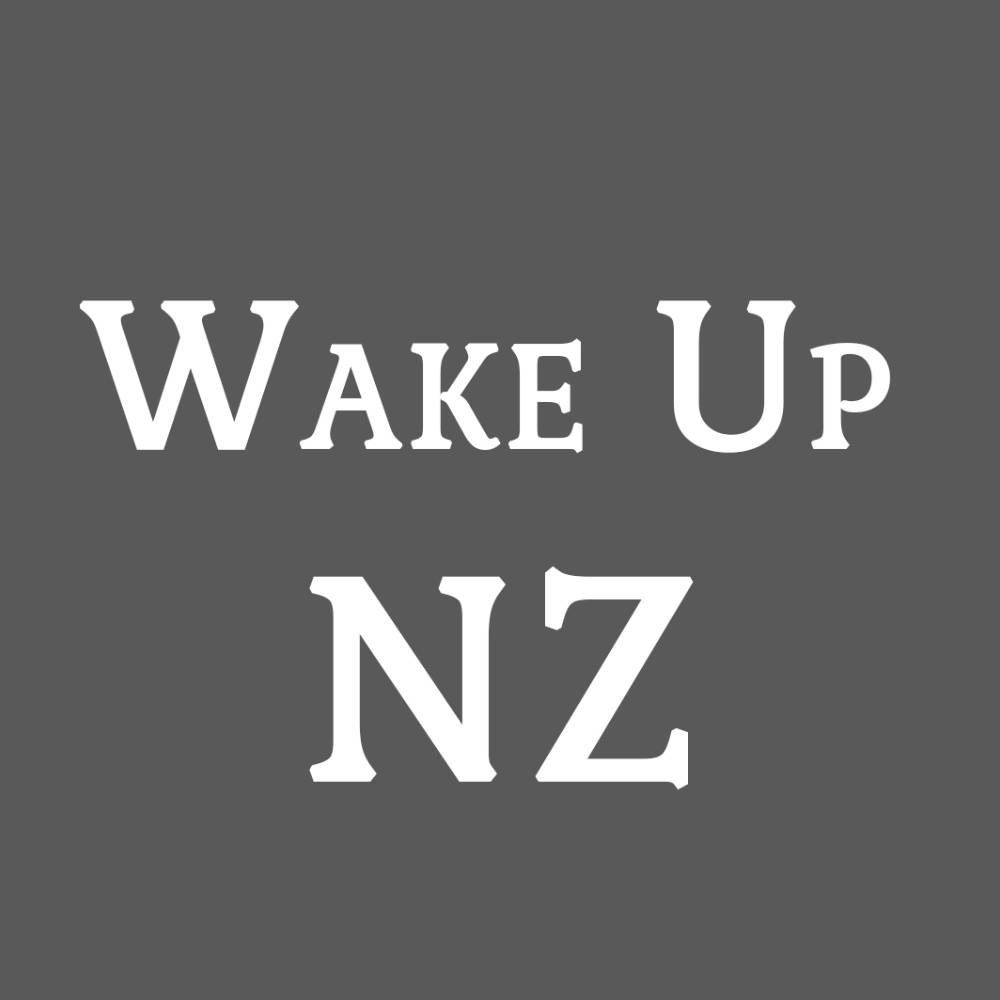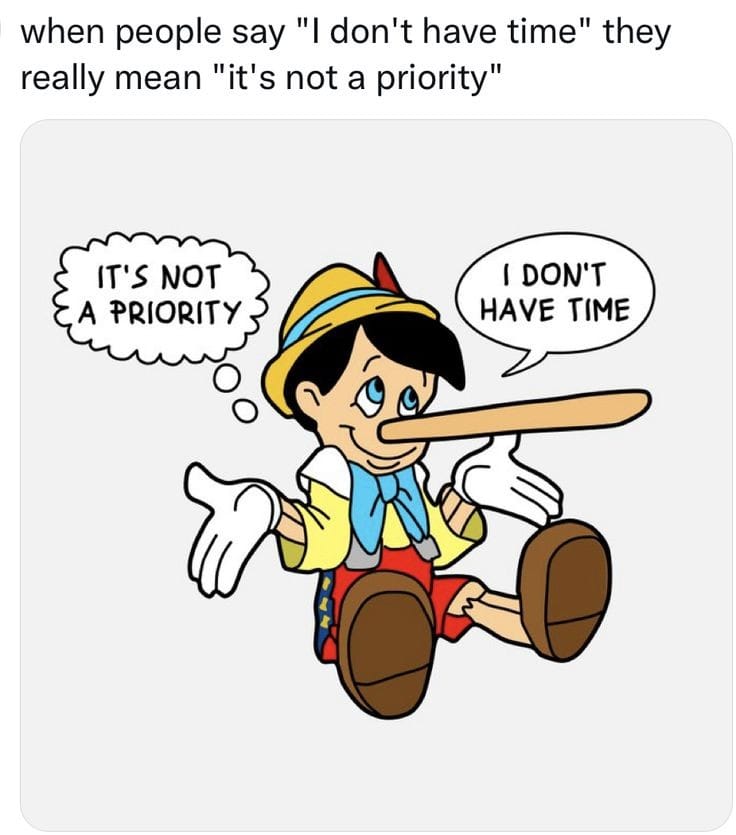
COVID19 HEALTH AND RESPONSE ACT AMENDMENT (2) 2021
The COVID-19 Public Health Response Act was enacted in May 2020, at a very early point in Aotearoa New Zealand’s response to the COVID-19 pandemic. At the time, nobody knew how long we would be dealing with the pandemic and there were still a lot of unknowns about the virus. This bill aims to update that Act to better reflect developing knowledge of how long the public health response may be necessary, to address the reliance of MIQ on the general law and operational decisions, and to ensure that the empowering and enforcement provisions are suitable for preventing and managing the risk of the outbreak and spread of COVID-19.
What does this bill mean?
Provisions in the bill will make many changes to the existing COVID-19 Public Health Response Act. The legislation:
Extends the time the Act is in effect until May 2023
Increases the maximum fines and fees for infringements (with fees of up to $4000 and fines of up to $12,000 for individuals), and enables new regulations to set a sliding scale of infringement offences
Refines the powers of COVID-19 orders, including by broadening their purpose, incorporating material by reference, and improving delegations
allows for the creation of COVID-19 orders for requisitioning testing consumables and requiring labs doing COVID-19 testing to do so for the national public health response, with appropriate compensation and a disputes appeal process
Expressly recognises the ability of the chief executive of the agency responsible for MIQ (currently the Ministry of Business, Innovation, and Employment) to impose room restrictions on people undertaking isolation or quarantine. For example, the chief executive may allow or disallow people from taking their daily exercise if they deem it necessary to ensure the health and safety of MIQ workers.
The bill also makes several changes to how Managed Isolation and Quarantine (MIQ) works.
It creates a process for making complaints about MIQ, enables the chief executive of the responsible agency to make rules for the day-to-day operation of MIQ facilities
Makes people automatically liable for MIQ charges unless they are exempt, enables MIQ to collect contact details from people undertaking isolation or quarantine to support invoicing for MIQ charges. Shifts provisions regarding the allocation and prioritisation of spaces in MIQ from COVID-19 orders to primary legislation.
The Bill does not change any existing safeguards in the original Act, including the requirements for the House to pass resolutions to continue the Act on a periodic basis, the prerequisites for COVID-19 orders, or the requirement that all COVID-19 orders be consistent with the New Zealand Bill of Rights Act 1990.
Who might this bill affect?
The legislation will have an impact on everyone in Aotearoa New Zealand, but may particularly affect:
People seeking to return to NZ
Essential workers
People who provide COVID-19 tests and testing services
The Ministry of Business, Innovation, and Employment
PLEASE NOTE: NOTHING HAS STOPPED NEW RESIDENCY IN NEW ZEALAND … THE GOVERNMENT IMMIGRATION ‘PATH’ PROGRAM… 165,000 NEW NEW ZEALAND RESIDENCIES BY JULY 2022.





Leave a Comment